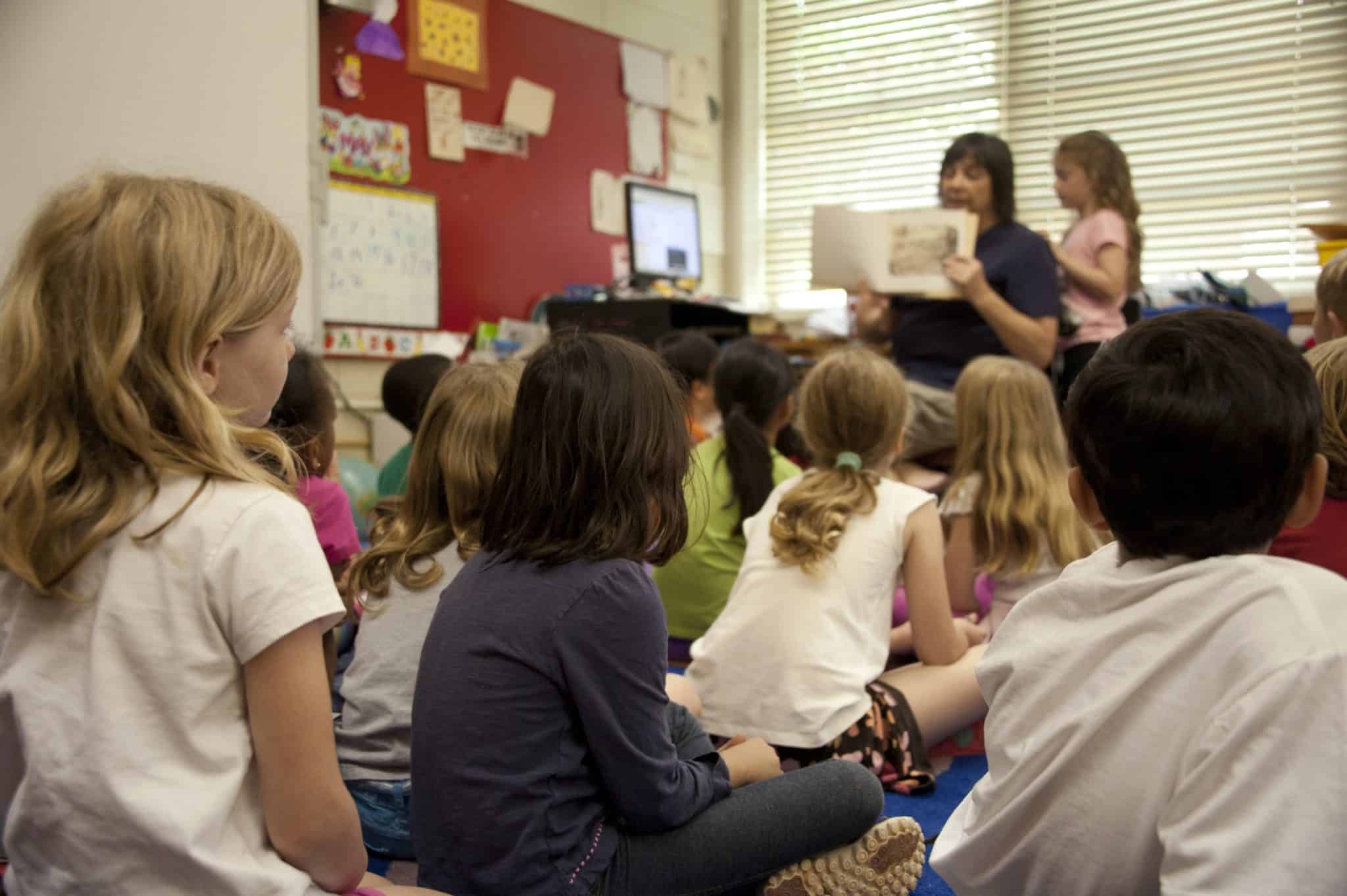Anita Alem is a student at Harvard Law School.
As the latest COVID-19 wave leads to record-high spikes in cases, Chicago Public Schools, the third-largest public school system in the United States, enters its second day of canceled classes due to a labor dispute regarding classroom safety.
Late Tuesday evening, the Chicago Teacher’s Union voted to stop in-person education and move to remote instruction at all Chicago Public schools. In a statement, the CTU stated that while both teachers and educators would prefer to be in the classroom, Mayor Lori Lightfoot’s policies endanger “the safety and vibrancy of our students and their educators.” The union also raised concerns regarding testing and staffing.
The decision in favor of remote learning, supported by 73% of the CTU’s members, prompted the school system to cancel classes on Wednesday. Following the announcement around 11pm on Tuesday, parents scrambled to locate child care once more only two days after winter break ended. Mayor Lightfoot opposed the union’s decision and according to the CTU, educators reported being “locked out” of their accounts and unable to access remote learning platforms.
Classes were again canceled on Thursday as CTU and CPS failed to reach an agreement on Wednesday.
The Biden Administration has supported in-person education and stated schools can be open safely. However, calls for remote education may continue to grow as Union Public Schools in Tulsa, Oklahoma, announced Wednesday that classes will move online, and the New York City teacher’s union has also suggested a return to virtual learning.
In another COVID-19 related labor dispute, on Wednesday, employees at the only company-owned unionized Starbucks location staged a walk-out extending through the end of the week. According to an employee, the store, located in Buffalo, N.Y., had unsafe working conditions as understaffed employees struggled to enforce masking conditions and an employee tested positive for coronavirus.






Daily News & Commentary
Start your day with our roundup of the latest labor developments. See all
February 25
OSHA workplace inspections significantly drop in 2025; the Court denies a petition for certiorari to review a Minnesota law banning mandatory anti-union meetings at work; and the Court declines two petitions to determine whether Air Force service members should receive backpay as a result of religious challenges to the now-revoked COVID-19 vaccine mandate.
February 24
In today’s news and commentary, the NLRB uses the Obama-era Browning-Ferris standard, a fired National Park ranger sues the Department of Interior and the National Park Service, the NLRB closes out Amazon’s labor dispute on Staten Island, and OIRA signals changes to the Biden-era independent contractor rule. The NLRB ruled that Browning-Ferris Industries jointly employed […]
February 23
In today’s news and commentary, the Trump administration proposes a rule limiting employment authorization for asylum seekers and Matt Bruenig introduces a new LLM tool analyzing employer rules under Stericycle. Law360 reports that the Trump administration proposed a rule on Friday that would change the employment authorization process for asylum seekers. Under the proposed rule, […]
February 22
A petition for certiorari in Bivens v. Zep, New York nurses end their historic six-week-strike, and Professor Block argues for just cause protections in New York City.
February 20
An analysis of the Board's decisions since regaining a quorum; 5th Circuit dissent criticizes Wright Line, Thryv.
February 19
Union membership increases slightly; Washington farmworker bill fails to make it out of committee; and unions in Argentina are on strike protesting President Milei’s labor reform bill.